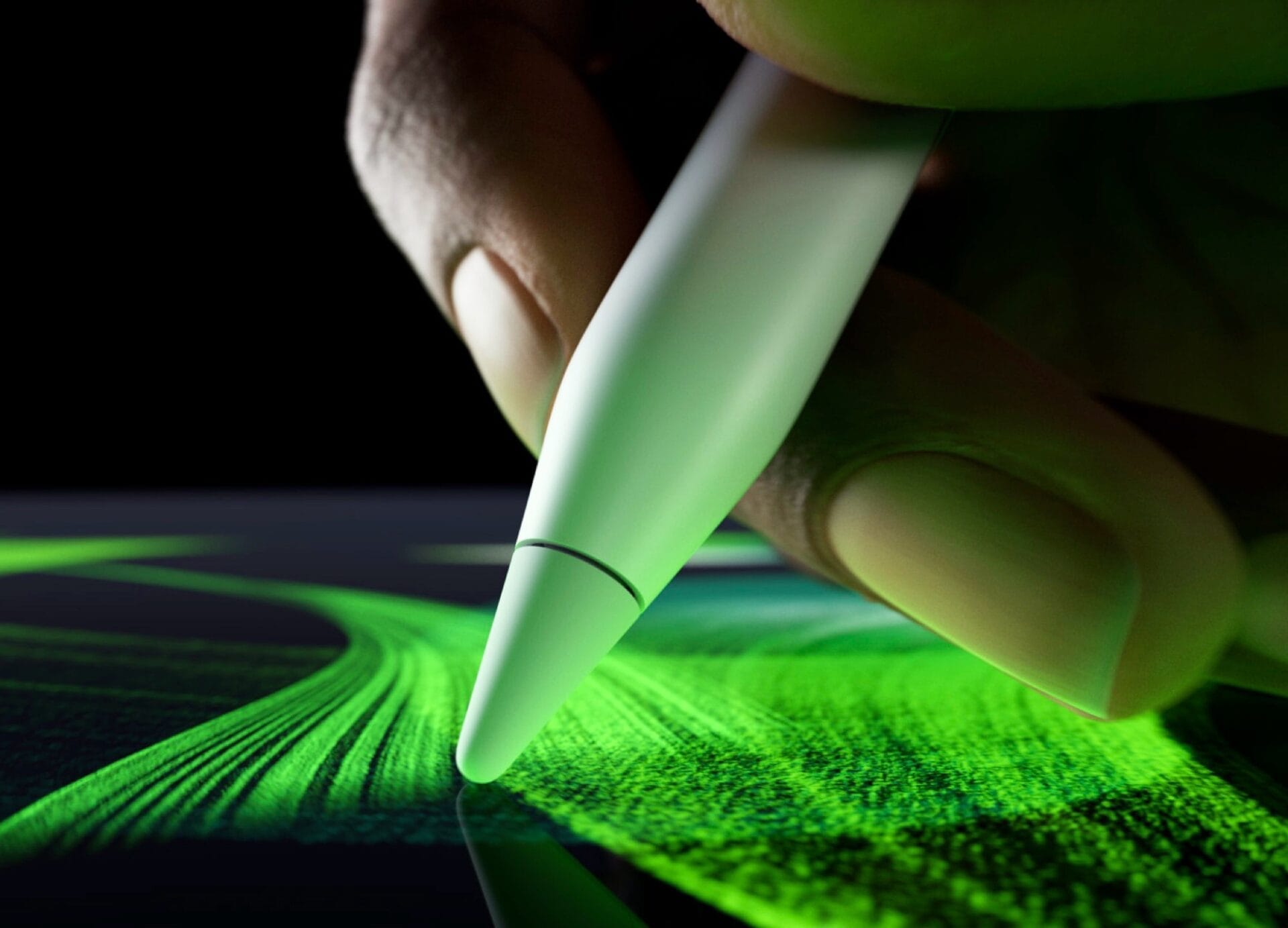The European Union has pushed Apple into making several modifications in recent years. As a result, the iPhone 16 now comes equipped with a USB-C port. Additionally, users can download applications from third-party stores and designate alternative browsers and camera apps as their default options. In April 2024, iPadOS was also included as a gatekeeper under the Digital Markets Act, joining iOS in this classification.
Changes on iPadOS
Apple has transferred many of the adjustments made for iOS over to iPadOS, but more modifications seem to be forthcoming. Interestingly, Apple’s compliance report from November 1 fails to mention any alternatives to the Apple Pencil offered by other companies. The European Commission has clearly stated in a press release that the iPadOS features should also be accessible to styluses from different manufacturers.
Compatibility Issues
Even though there are many third-party styluses that work with the iPad and iPad Pro, Apple does not recognize industry standards like MPP 2.0. Certain features are only compatible with the Apple Pencil. For instance, the hover feature displays the stylus’s position when it is just a few millimeters away from the screen. Additionally, users can magnetically attach the stylus to the tablet for charging. The European Commission is currently examining Apple’s most recent compliance report and will soon determine if the changes made thus far are enough to meet the Digital Markets Act’s standards or if further adjustments are needed.
Future Developments
As the EU continues to scrutinize Apple’s practices, the tech giant may face even more pressure to comply with regulations. The emphasis on third-party stylus compatibility could lead to a more open environment for developers and users alike. As these developments unfold, the landscape of Apple’s products and services may experience significant transformation.


Leave a Reply